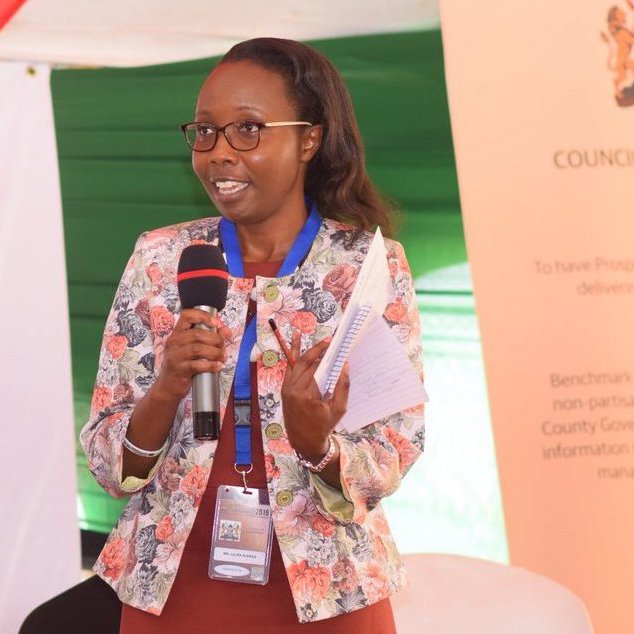Insights from the Children’s Conference: Bringing Children’s Voices to the County and National Agenda
Lilies Njanga, CIFF’s Strategic Engagement and Communications Manager in Nairobi, shares her key insights from the Children’s Conference in Kenya.
We are continually moving closer towards the SDG commitment to ‘leave no one behind’. As part of Kenya’s demonstration of this commitment, they hosted the 2019 Children’s Conference last month, which convened more than 300 children aged 4-18 years old, from all the 47 counties in Kenya. It is a precursor to the main annual devolution conference and is based on the premise that children’s issues should be adequately presented and discussed.
With functions such as health, agriculture, water and early childhood development being devolved in Kenya, it has become important for development partners to continually engage with the county governments and particularly with the Council of Governors Secretariat. CIFF’s focus in this conference as a partner was to empower children to be their own advocates and promote possibility of children-led accountability.
I have had a chance to reflect on the children’s conference and it has left me with a few thoughts.
Giving children the chance to have a say in their own lives should be the new normal.
The conference provided a platform for children to articulate their views, in their words, on the progress of devolved functions in their counties directly to country and national leadership. The children did what many adults often fail to do: express complex nutrition and health issues in simple, understandable ways. As an aside, it was also insightful to know that efforts could also be directed to juvenile and foster care systems in Kenya.

Engaging children needs more innovation.
Child participation in the conference was remarkable. It was an honour witnessing the children lead and moderate conference sessions and discussions, with adults playing only a supportive role in the background. This shows us that paying more attention to how we can transfer skills through mentorship of children can be explored in order to build their capacity. In addition, there is need to get children to speak about their issues freely. The exciting challenge that this presents is figuring out how to course correct our existing approaches by placing children at the centre, developing changes with them to better address and meet their needs. Children are more likely to embrace and own approaches designed from their perspectives.
Challenging the status quo in seeing children as a key strategic partner.
As stakeholders for children’s issues, we have the responsibility to empower children. There is need to envision what child-led accountability would look like and the kind of support systems required to make it a reality. This would make it easy for children to tell us when we are fulfilling their wishes and, equally, when we are going against them. Translating the views of children into firmed-up perspectives will inform programming and better outcomes for children. Partnerships are also vital to progress, and working with Government is necessary to embed a children’s agenda in the County and National plans.

“It is vital we keep children involved in our decision-making and policy development. Bringing children into the conversation can help ideas flourish, and get leaders to truly understand the problems faced by children.”
Lilies Njanga, CIFF (pictured)